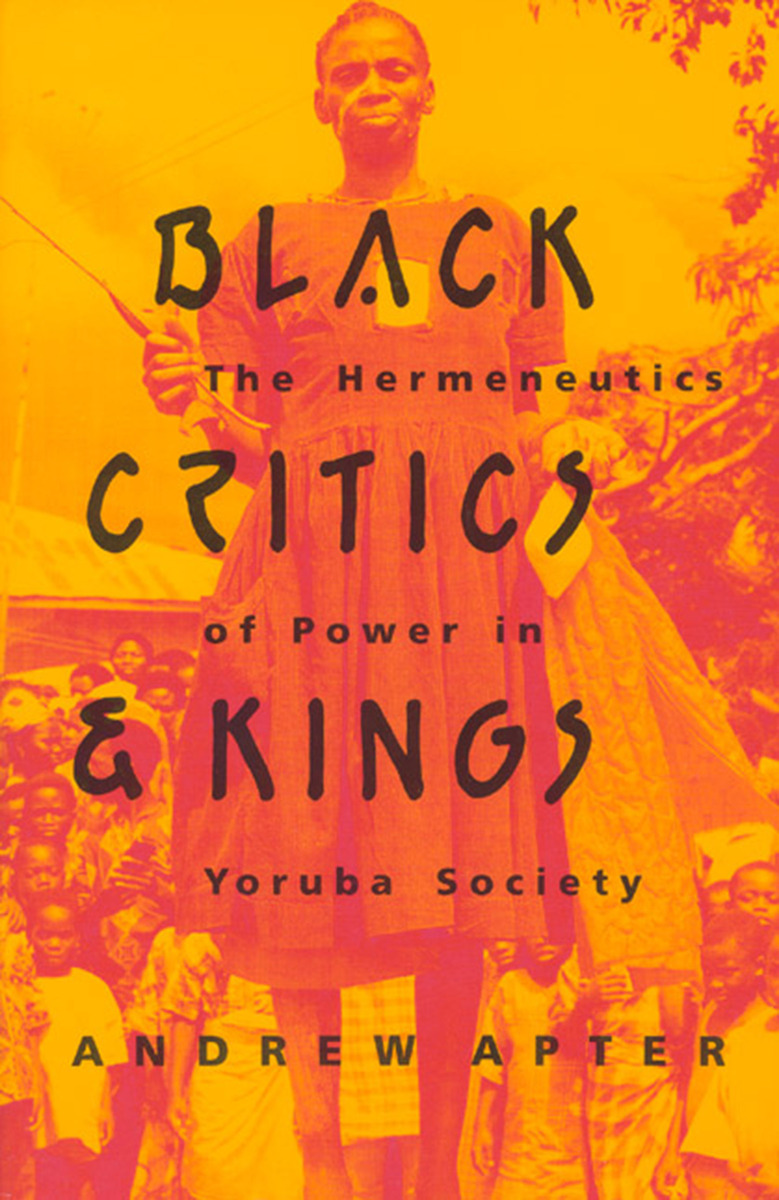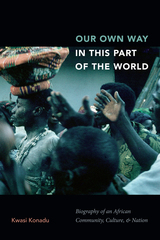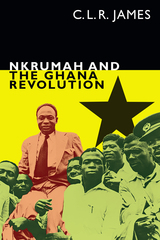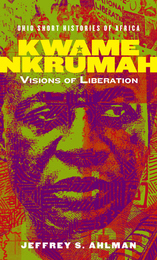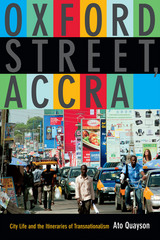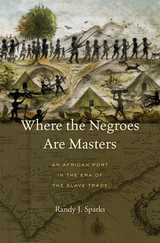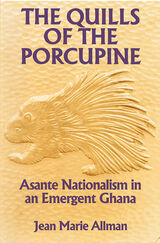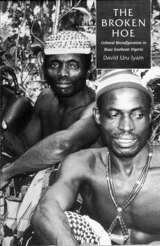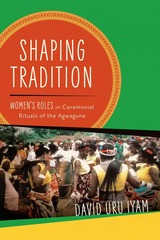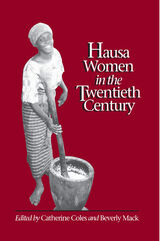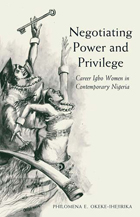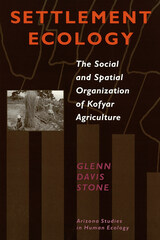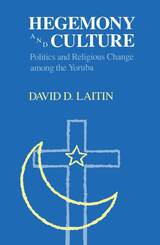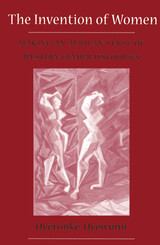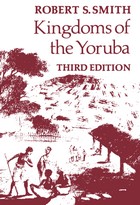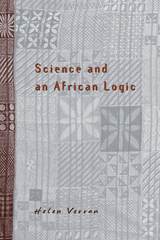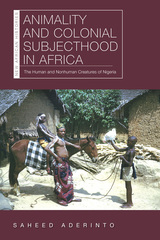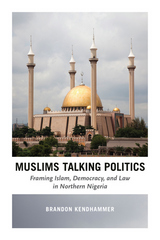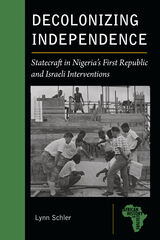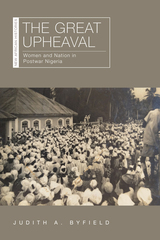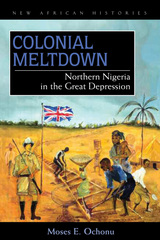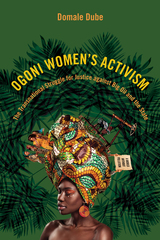Black Critics and Kings: The Hermeneutics of Power in Yoruba Society
University of Chicago Press, 1992
Cloth: 978-0-226-02342-7 | Paper: 978-0-226-02343-4
Library of Congress Classification DT515.45.Y67A56 1992
Dewey Decimal Classification 306.08996333
Cloth: 978-0-226-02342-7 | Paper: 978-0-226-02343-4
Library of Congress Classification DT515.45.Y67A56 1992
Dewey Decimal Classification 306.08996333
ABOUT THIS BOOK | AUTHOR BIOGRAPHY | REVIEWS | TOC | REQUEST ACCESSIBLE FILE
ABOUT THIS BOOK
How can we account for the power of ritual? This is the guiding question of Black Critics and Kings, which examines how Yoruba forms of ritual and knowledge shape politics, history, and resistance against the state. Focusing on "deep" knowledge in Yoruba cosmology as an interpretive space for configuring difference, Andrew Apter analyzes ritual empowerment as an essentially critical practice, one that revises authoritative discourses of space, time, gender, and sovereignty to promote political—-and even violent—-change.
Documenting the development of a Yoruba kingdom from its nineteenth-century genesis to Nigeria's 1983 elections and subsequent military coup, Apter identifies the central role of ritual in reconfiguring power relations both internally and in relation to wider political arenas. What emerges is an ethnography of an interpretive vision that has broadened the horizons of local knowledge to embrace Christianity, colonialism, class formation, and the contemporary Nigerian state. In this capacity, Yoruba òrìsà worship remains a critical site of response to hegemonic interventions.
With sustained theoretical argument and empirical rigor, Apter answers critical anthropologists who interrogate the possibility of ethnography. He reveals how an indigenous hermeneutics of power is put into ritual practice—-with multiple voices, self-reflexive awareness, and concrete political results. Black Critics and Kings eloquently illustrates the ethnographic value of listening to the voice of the other, with implications extending beyond anthropology to engage leading debates in black critical theory.
Documenting the development of a Yoruba kingdom from its nineteenth-century genesis to Nigeria's 1983 elections and subsequent military coup, Apter identifies the central role of ritual in reconfiguring power relations both internally and in relation to wider political arenas. What emerges is an ethnography of an interpretive vision that has broadened the horizons of local knowledge to embrace Christianity, colonialism, class formation, and the contemporary Nigerian state. In this capacity, Yoruba òrìsà worship remains a critical site of response to hegemonic interventions.
With sustained theoretical argument and empirical rigor, Apter answers critical anthropologists who interrogate the possibility of ethnography. He reveals how an indigenous hermeneutics of power is put into ritual practice—-with multiple voices, self-reflexive awareness, and concrete political results. Black Critics and Kings eloquently illustrates the ethnographic value of listening to the voice of the other, with implications extending beyond anthropology to engage leading debates in black critical theory.
See other books on: Apter, Andrew | Hermeneutics | Kings | Rites and ceremonies | Yoruba (African people)
See other titles from University of Chicago Press
